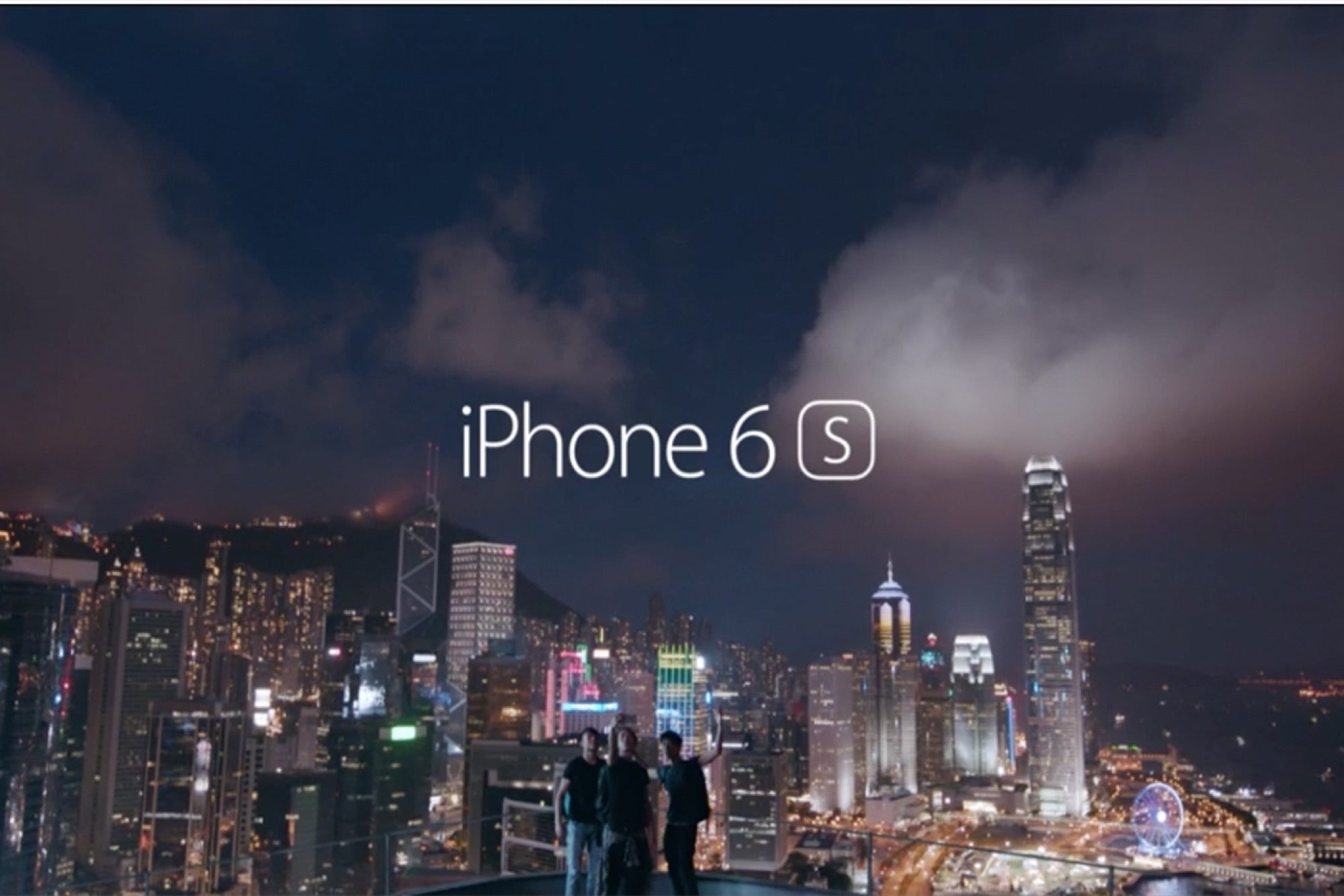How Apple's New iPhone Leasing Program Stacks Up Against Contracts From Mobile Carriers There's a new way to make sure you always have the latest iPhone. Here's how it works.
By Geoff Weiss •

Opinions expressed by Entrepreneur contributors are their own.

Salivating over Apple's shiny new fleet of updated iPhones? Of course you are. But determining where to buy the devices for the best bargain has become an increasingly head-scratching proposition. Let us break it down for you.
Apple made a massive change to the way it vends iPhones last week when it announced the iPhone Upgrade Program. Created for those who always want to have the latest iPhone, the 24-month program allows customers to pay a monthly fee -- beginning, say, at $32.41 for the latest iPhone 6S. After twelve months, users can then trade in their devices for the iPhone 7, presumably arriving next September.
Therefore, rather than purchasing an iPhone 6S outright from Apple for $649, the program enables users to always lease the latest iPhone over a 24-month period for a total of $777.84. Of note is that this price also includes Apple Care+, a $129 insurance package that offers software support, two years of hardware repairs and two incidents of accidental damage coverage.
With its iPhone Upgrade Program, Apple is looking to poach sales from the four major U.S. carriers, who have been offering such installment plans for years. But because phones arrive unlocked and "the iPhone Upgrade Program isn't tied to a single carrier," Apple says, "you don't need a multiyear service contract."
Related: What You Need to Know About the iPhone 6S and 6S Plus
Not to be outdone, T-Mobile CEO John Legere has already come out swinging. In a relatively sedate video blog, Legere detailed a limited time offer for the iPhone 6S and 6S Plus through an 18-month T-Mobile leasing plan entitled Jump on Demand. With this plan, consumers can lease the iPhone 6S for just $20 per month. And if you want to purchase your phone at the end of this period, T-Mobile charges $164, which would bring the total cost of the device to just $524.
Furthermore, looking to undercut T-Mobile, Sprint announced Friday an even lower rate than T-Mobile's through its 22-month iPhone Forever program, which allows consumers to upgrade whenever a new iPhone comes out. Users can get the iPhone 6S for just $15 per month -- the only catch being that you have to trade in an old iPhone in order to get this price. Without a trade-in, the price is $22 per month.
While the nation's two biggest carriers, Verizon and AT&T, offer comparable installment plans, neither has yet to announce any special promotions surrounding the latest iPhone launch.
Related: These Are the Crazy, Silly, Cute Emoji Coming to iOS 9.1











